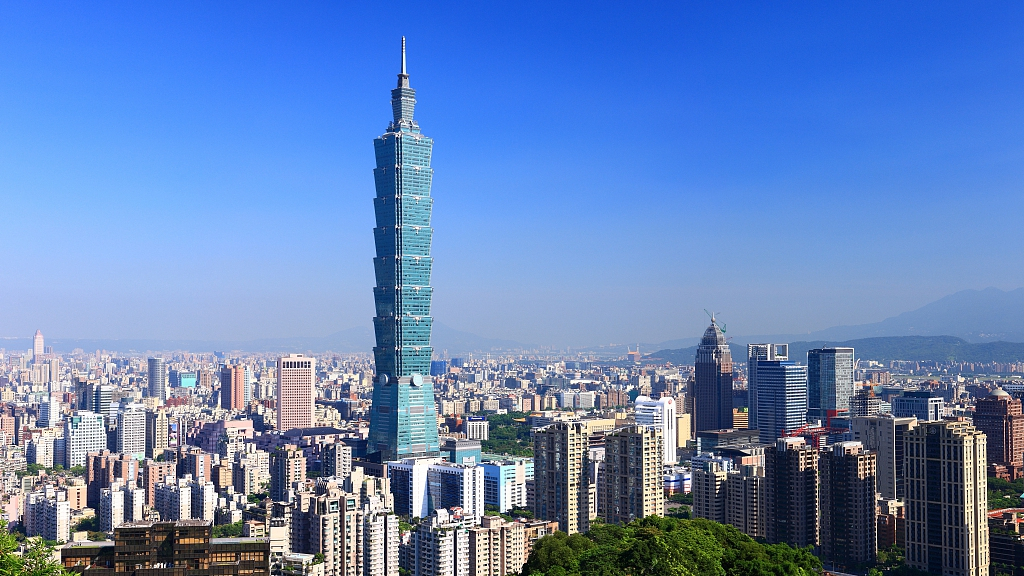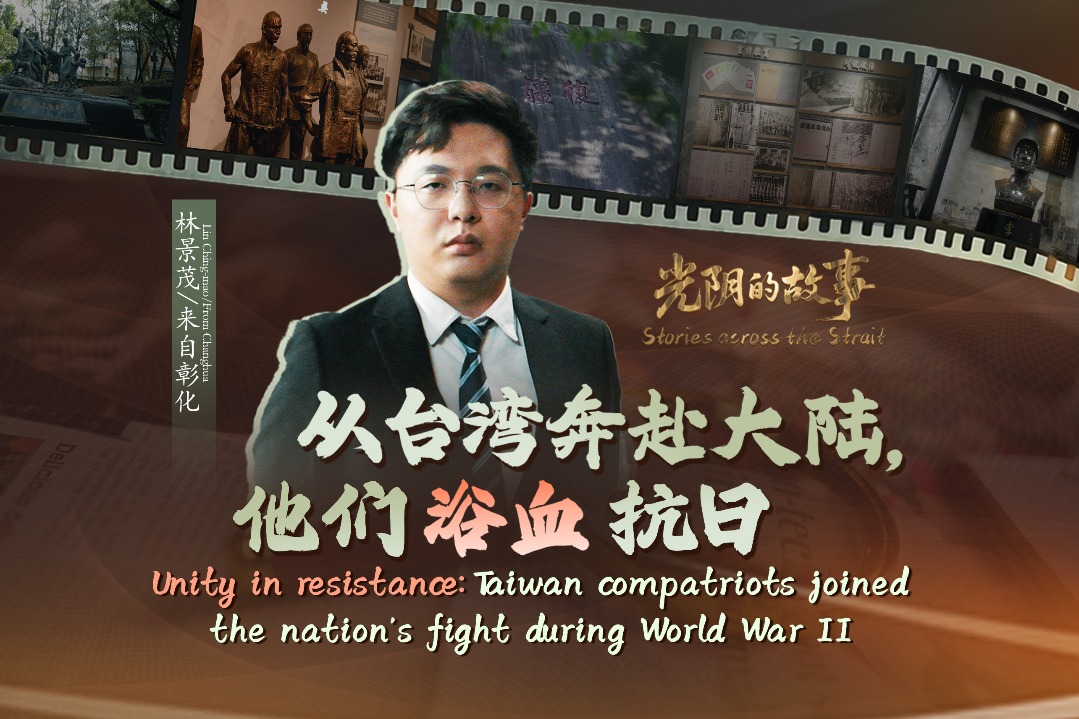China reaffirms sovereignty over Taiwan, says complete reunification unstoppable


Beijing said on Monday that the so-called Treaty of San Francisco is illegal and invalid, and cannot alter the fact that Taiwan is part of China.
Foreign Ministry spokeswoman Mao Ning made the remarks after a "foreign affairs head" of the Taiwan region claimed that after World War II, the so-called Treaty of San Francisco replaced the Cairo Declaration and the Potsdam Proclamation, and the "treaty" did not place Taiwan under the jurisdiction of the People's Republic of China.
Speaking at a regular news briefing, Mao rejected such claims, saying the remarks "turned black into white, distorted facts, and once again exposed the Lai Ching-te administration's separatist nature of 'Taiwan independence'."
She condemned the Lai Ching-te administration for completely abandoning national integrity, disregarding the achievements of the victory in the Chinese People's War of Resistance Against Japanese Aggression (1931-45), and shamelessly distorting World War II history.
"No matter what the Lai Ching-te authorities say or do, they cannot alter the historical and legal fact that Taiwan is part of China, nor can they change the international consensus on the one-China principle," Mao said, emphasizing that the complete reunification of China is an unstoppable historical trend.
She also noted that Taiwan's return to China was an important outcome of the victory in the war against Japanese aggression and part of the postwar international order.
The Cairo Declaration, the Potsdam Proclamation and the Japanese Instrument of Surrender, all legally binding international documents, unequivocally confirmed China's sovereignty over Taiwan, Mao said, adding that the historical and legal fact that Taiwan is an inalienable part of Chinese territory is indisputable.
Mao said that on Oct 1, 1949, the Central People's Government of the People's Republic of China was founded, becoming the only legitimate government of the whole of China.
"This was a change of government within the same international legal entity, without altering China's sovereignty or territorial integrity. The government of the People's Republic of China naturally has full sovereignty over Taiwan," she said.
Regarding the so-called Treaty of San Francisco, Mao pointed out that it was an "illegal and invalid document" concocted by the United States and certain countries after WWII, excluding the People's Republic of China and the Soviet Union, to reach a separate peace with Japan.
"It violated the United Nations Declaration signed by 26 countries, including China, the US, the United Kingdom and the Soviet Union, in 1942, as well as the UN Charter and fundamental principles of international law," Mao said.
"Any disposition concerning Taiwan's sovereignty or other territorial and sovereign rights involving China, a noncontracting state, in this document is illegal and null and void," she said.
In another development, in response to remarks on Monday by German Foreign Minister Johann Wadephul, who accused Beijing of threatening to unilaterally change the status quo across the Taiwan Strait, and in the East China Sea and the South China Sea, Mao reiterated that the Taiwan question is China's internal matter.
"The one-China principle is the political foundation for China to establish and develop diplomatic relations with countries around the world, and a widely recognized norm in international relations," Mao said.
"To maintain peace and stability across the Taiwan Strait, one must adhere to the one-China principle and oppose all separatist activities seeking 'Taiwan independence'," she said.
Mao added that the situation in the East China Sea and the South China Sea remains generally stable.
"China urges relevant parties to respect the joint efforts of regional countries to resolve disputes through dialogues and consultations, instead of provoking confrontations or exaggerating tensions," she said.
zhaojia@chinadaily.com.cn
- China sees scattered, extreme rainfall in critical flood-control period
- Macao SAR chief executive explores tech cooperation during visit to Zhejiang
- Agritourism, sports, entertainment boosts income in rural Xinjiang
- Host city of 2025 World Games unfolds new vitality in opening wider to globe
- Mangshan's misty peaks enchant visitors
- China warns against escalating tensions on Taiwan question





































